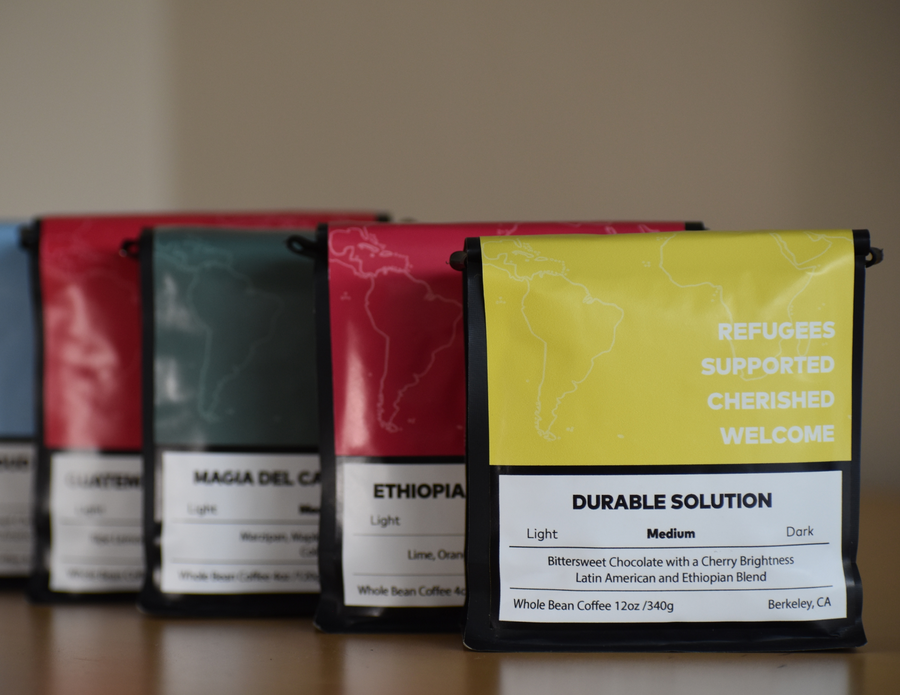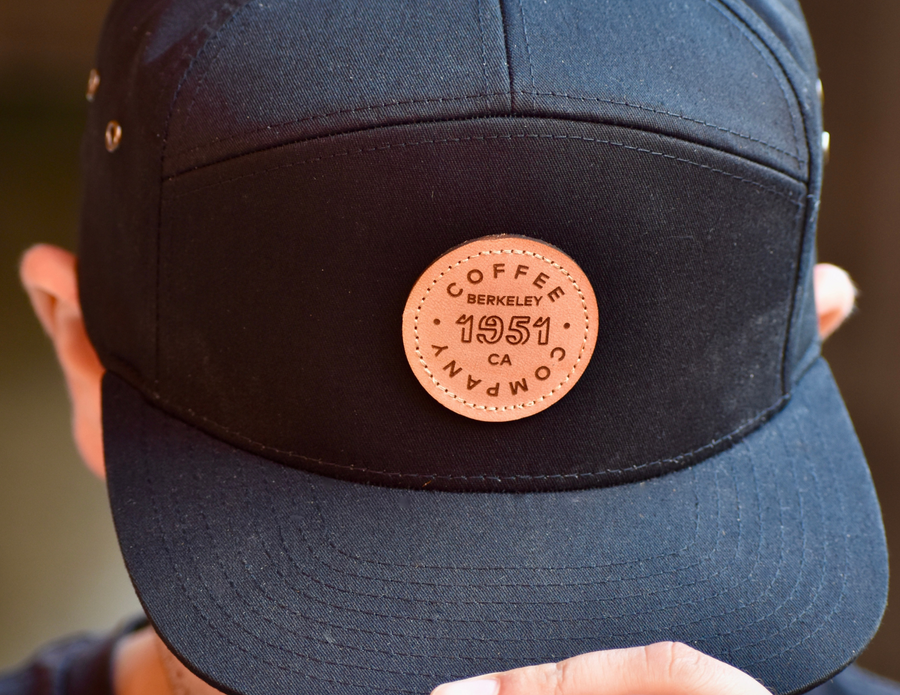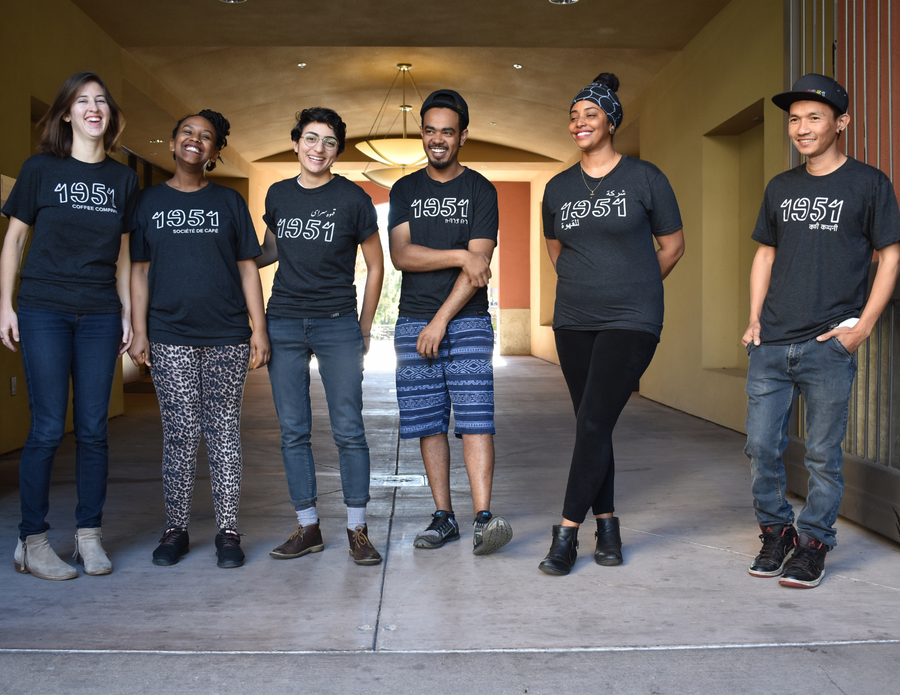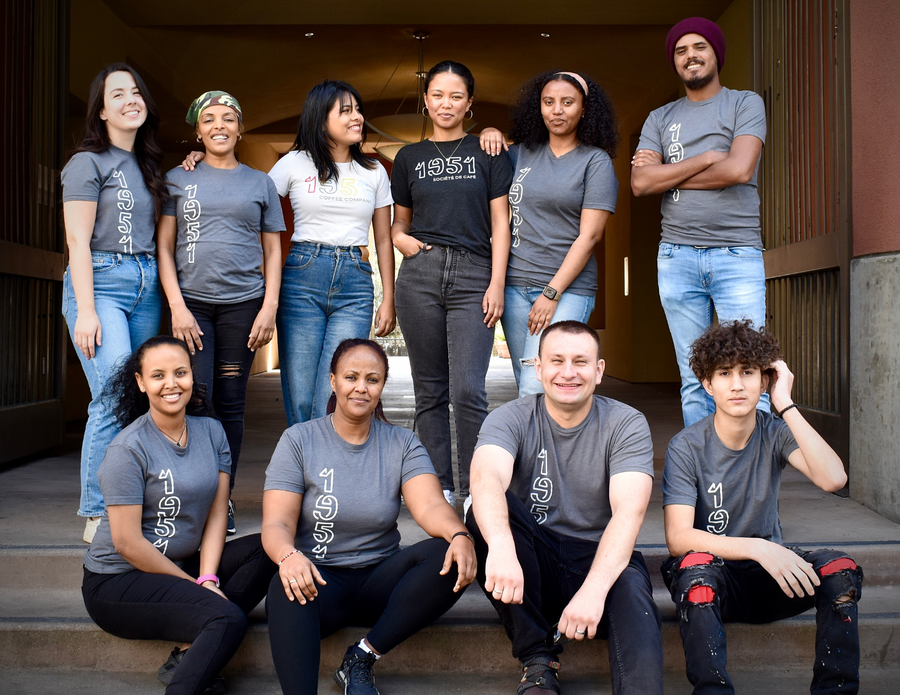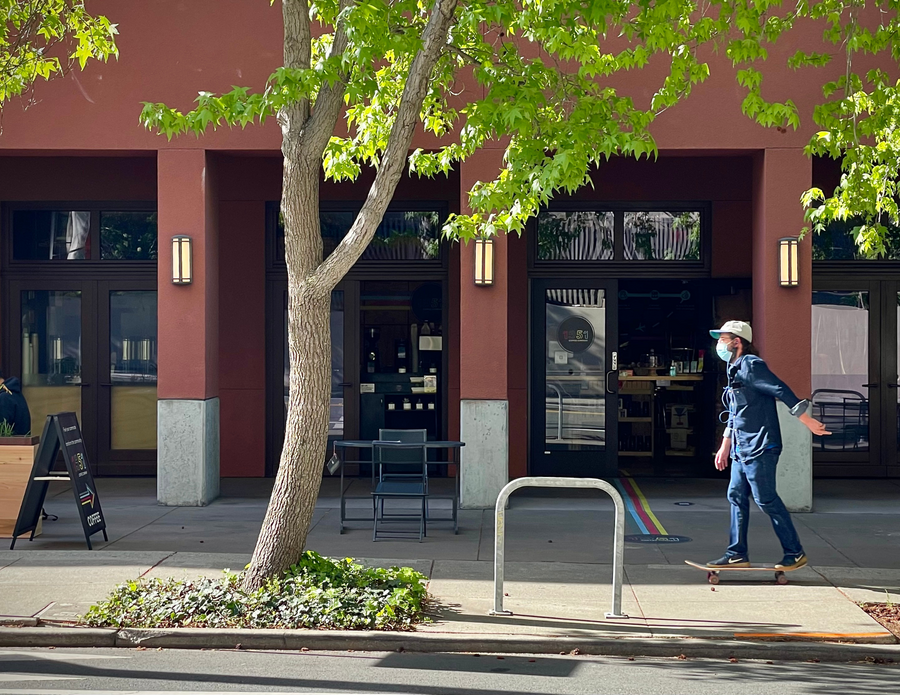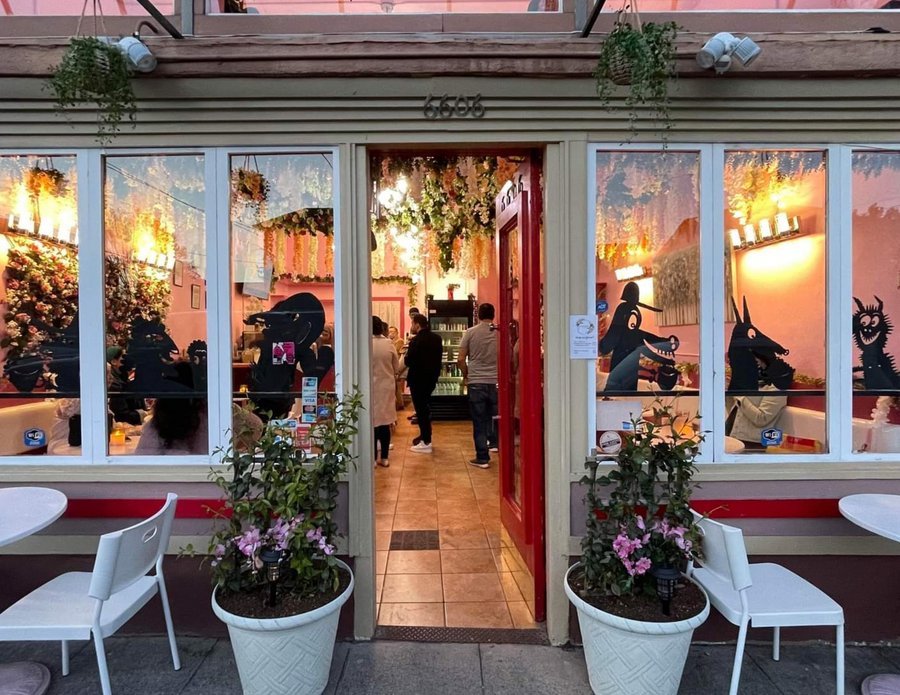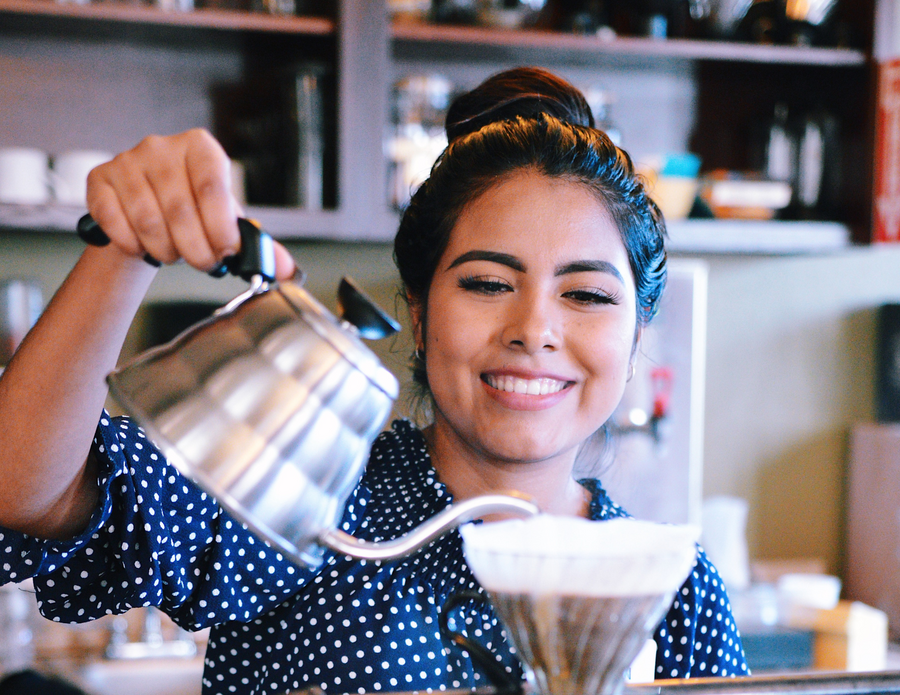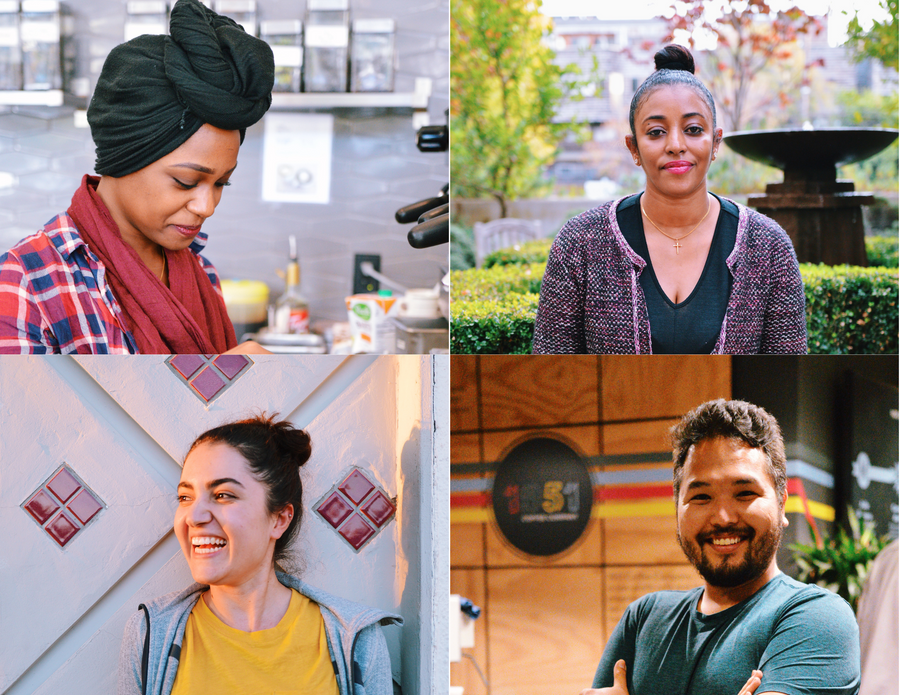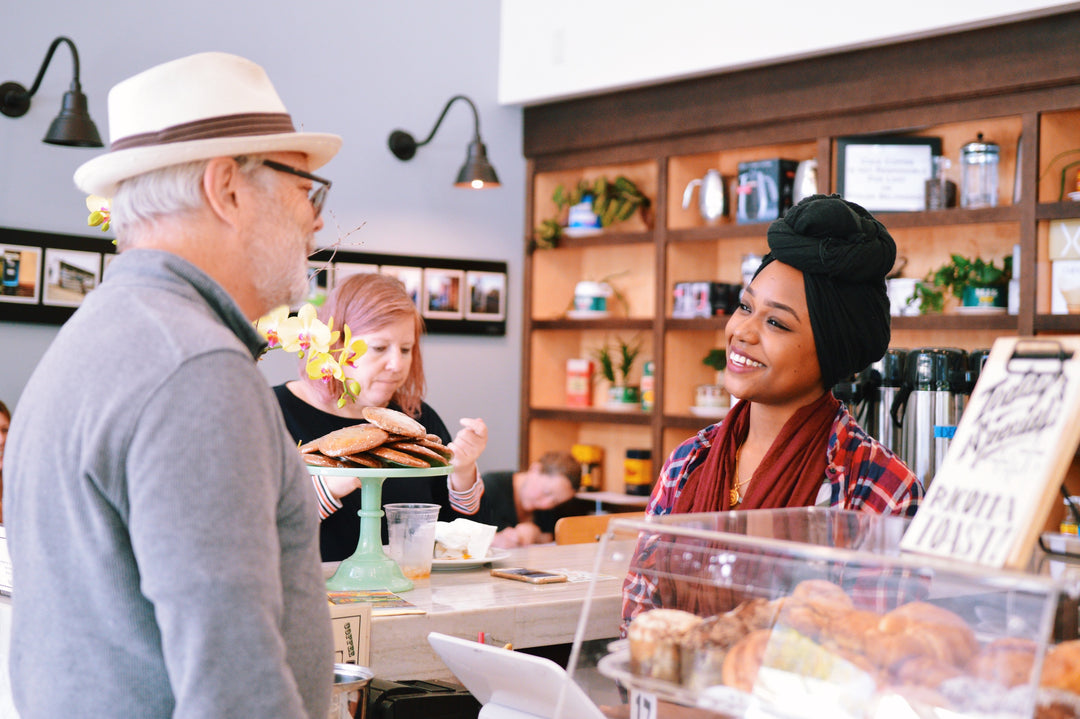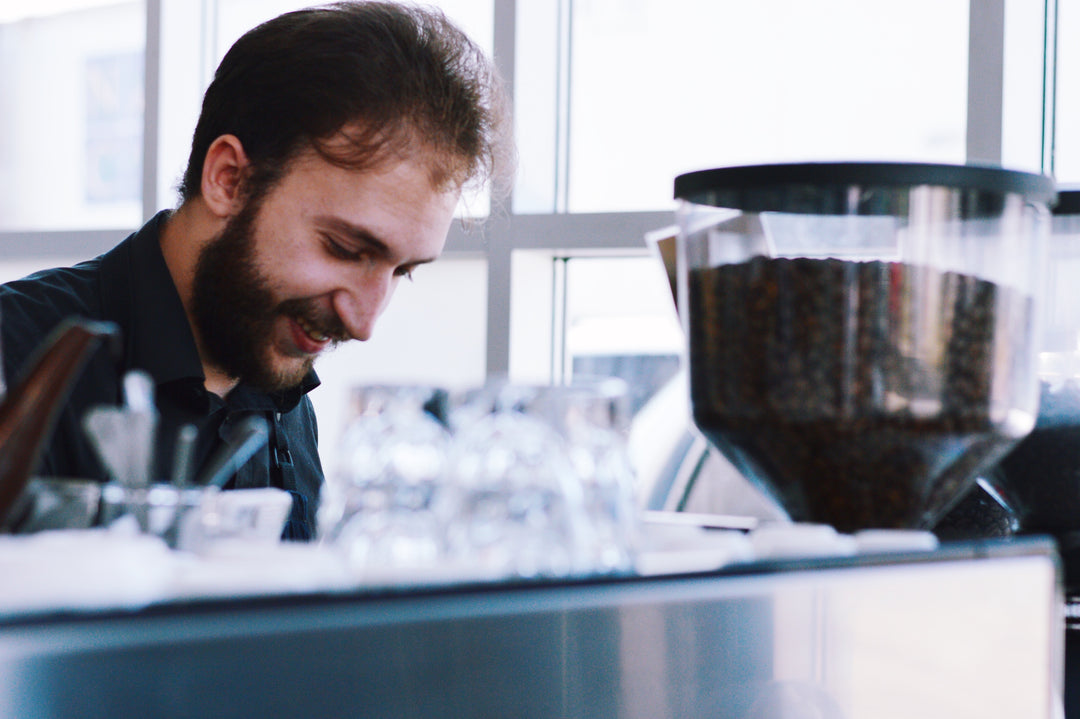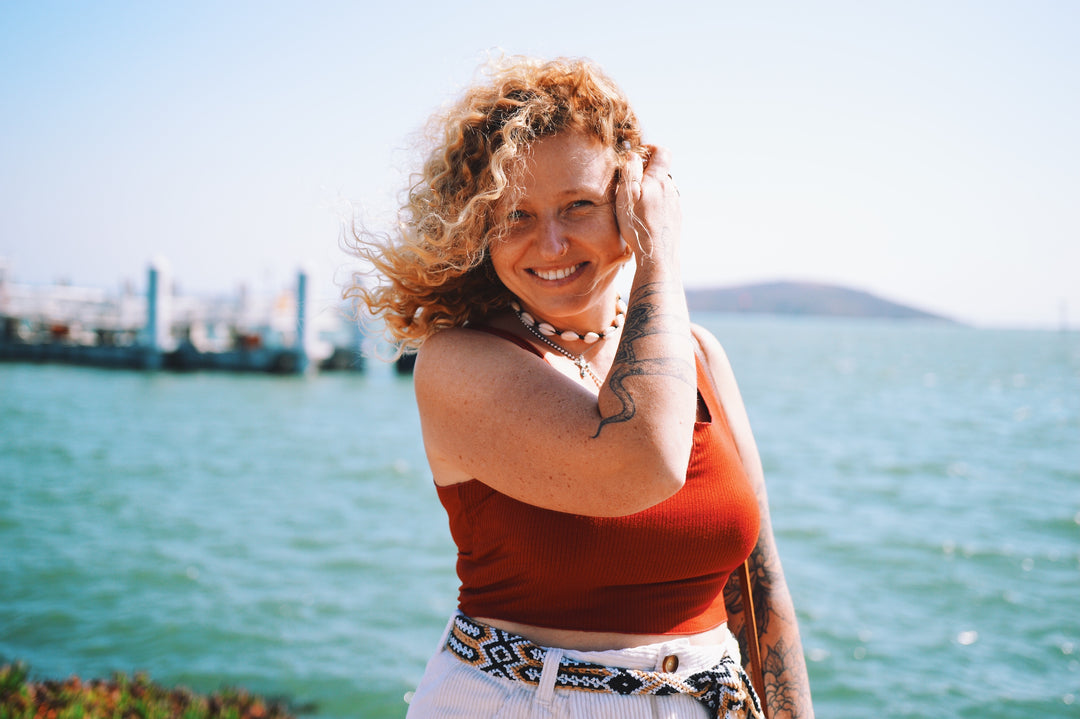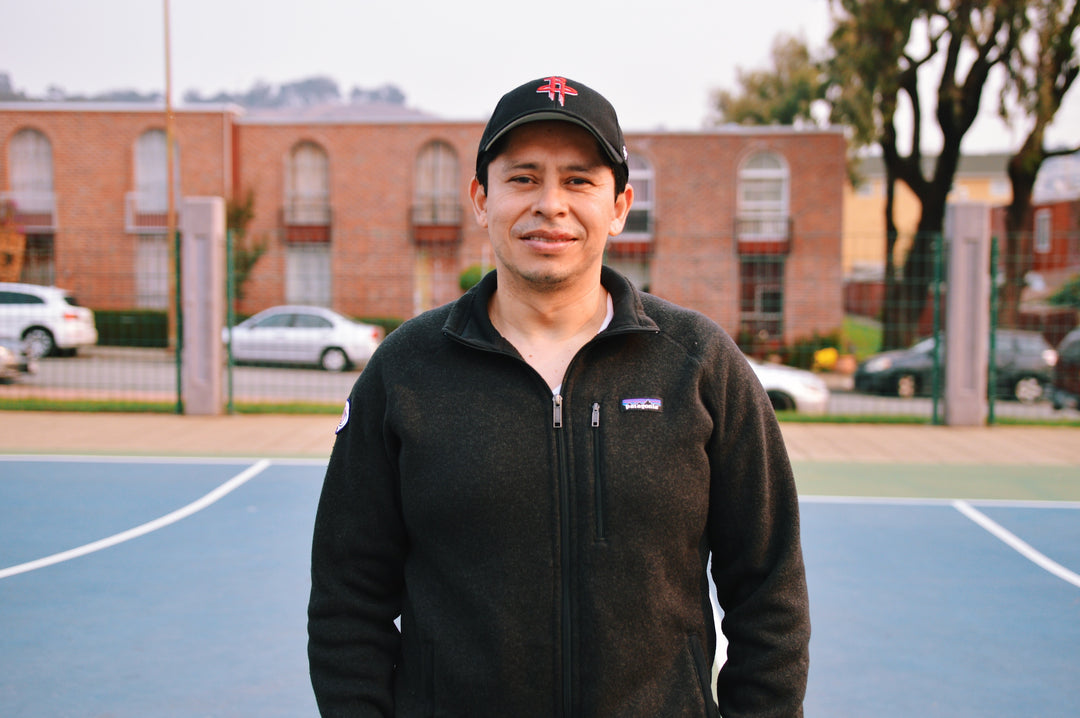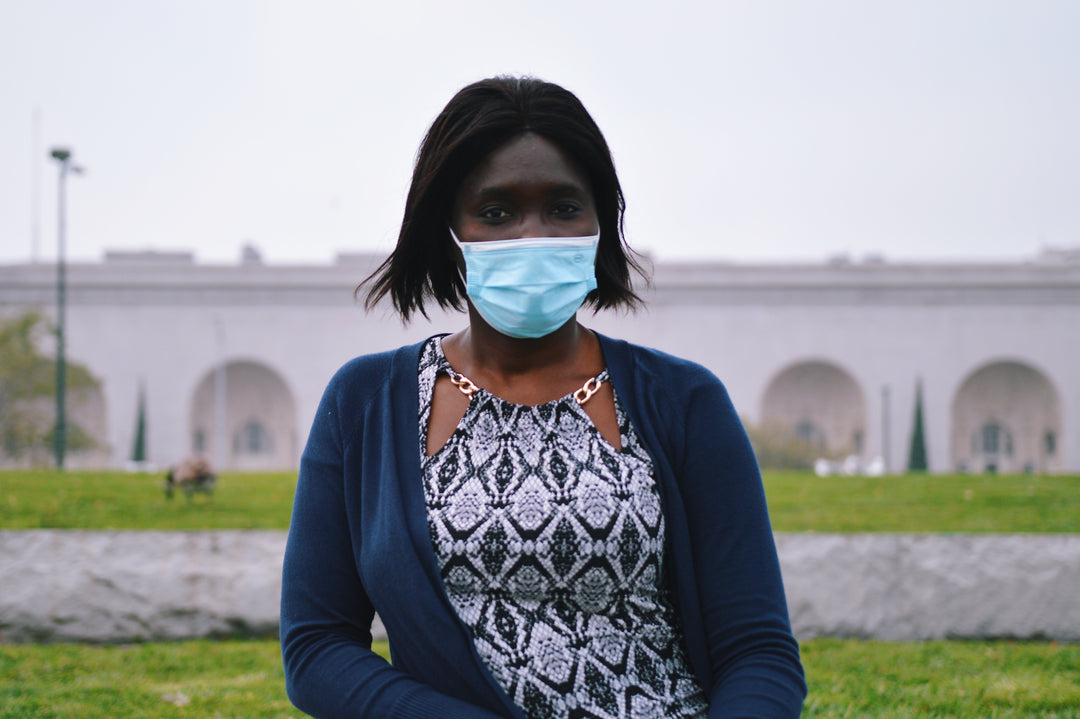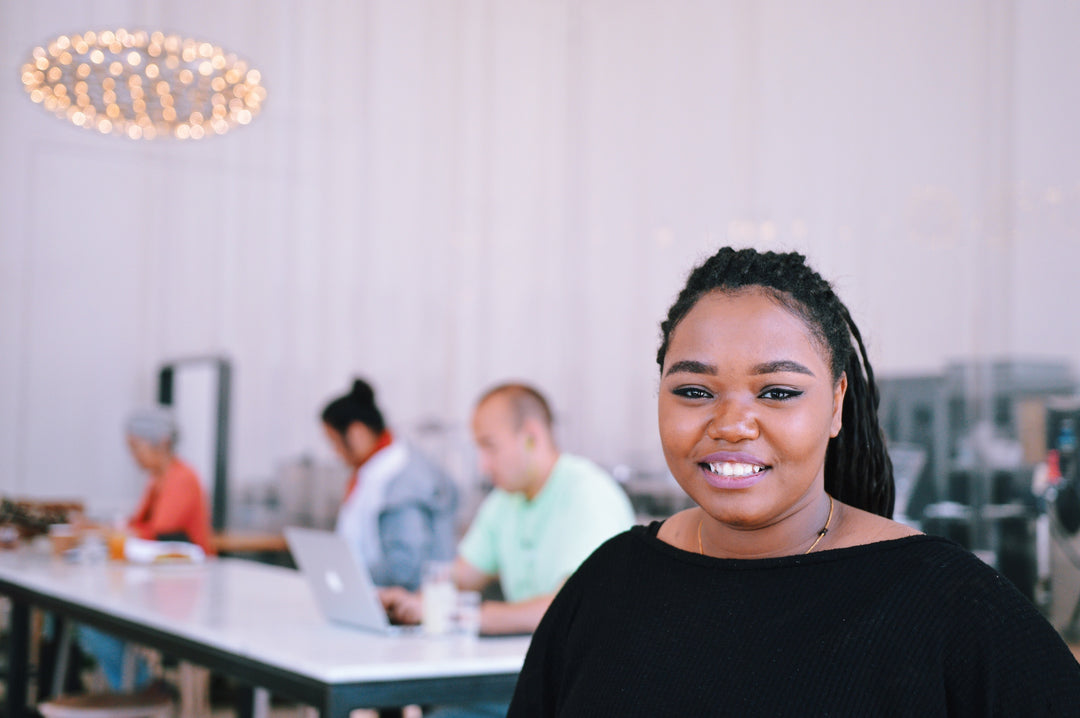Marvin - 1951 Coffee Graduate Series
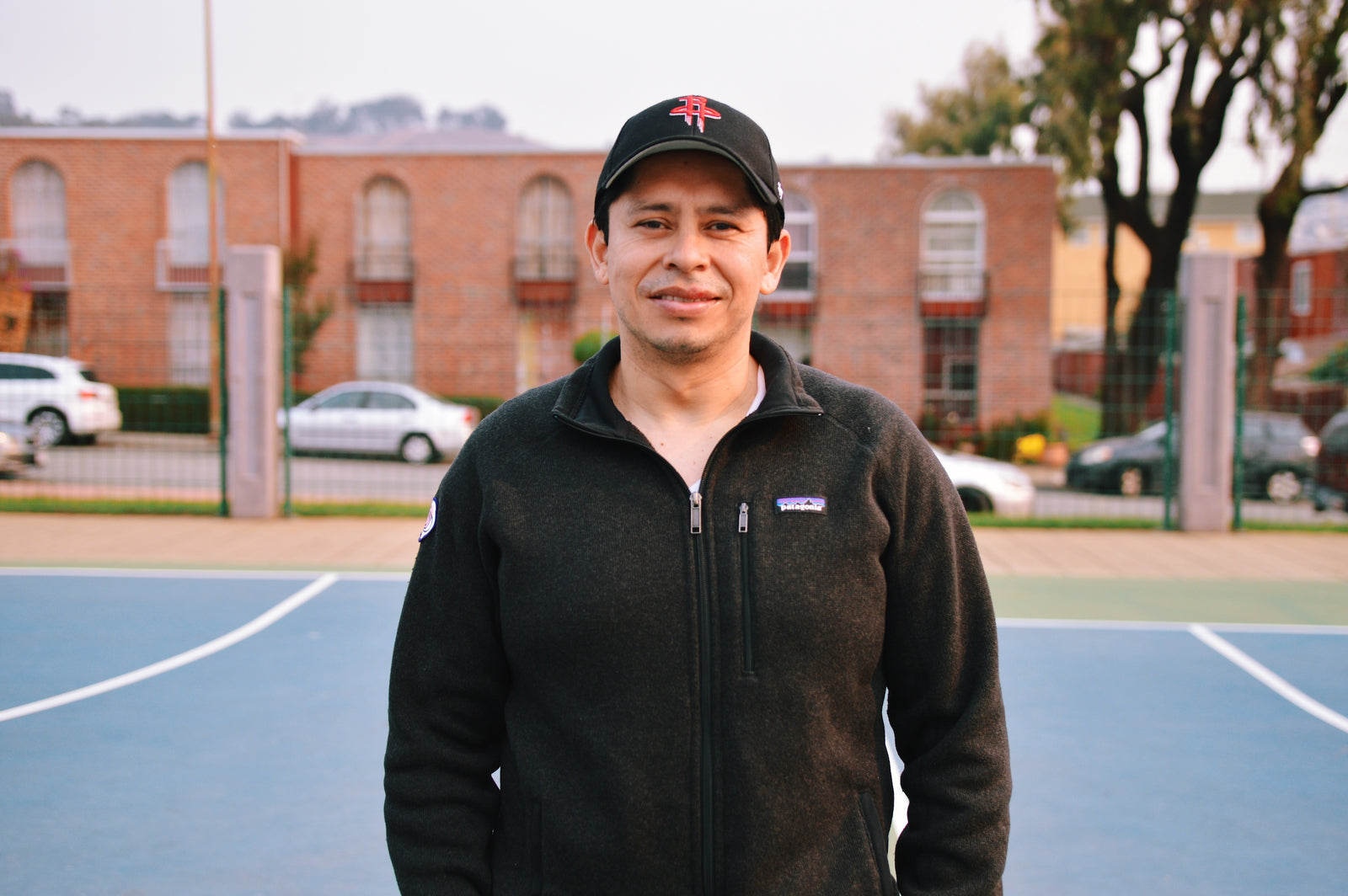
 I have a message for my immigrant community: there’s always fear, but there’s always hope. And hope is bigger than the fear. So put aside what you are afraid of, and just hope. There’s good people, and we have to have that hope. We were not designed to fail, we were designed to succeed. But we fail the moment we feel defeated. So as long as hope is there, we can do it.
I have a message for my immigrant community: there’s always fear, but there’s always hope. And hope is bigger than the fear. So put aside what you are afraid of, and just hope. There’s good people, and we have to have that hope. We were not designed to fail, we were designed to succeed. But we fail the moment we feel defeated. So as long as hope is there, we can do it.
When I was a kid, I remember climbing trees, going for walks, playing hide and seek and football (soccer in America), and getting lost for hours in Guatemala City. I grew up with my very large family and I always had cousins to play with.
I had dreams of being Superman! I was so convinced I could be Superman that I jumped out a window thinking I could fly. With a broken leg, I learned the hard way that I can’t be Superman. When I became an uncle at the young age of 10, I realized my love for kids and hoped to be a pediatric doctor. But then the economic situation came, did its damage, and I realized I couldn’t be a pediatric doctor because I needed to survive.
My generation saw the transformation of our country: life where you were able to be free and life when you were afraid of being outside.
I was excited to come to America, because I wanted to get away from so many things. I wasn’t feeling safe. And to be honest, I always had the idea that I was going to die really soon, because of how dangerous it was in Guatemala. So when this opportunity came to come to the US, I was really looking forward to it. When you are in Guatemala, they always tell you that once you get to the US, everything is going to change. Your life is going to be so easy, and you kind of believe that. Then you come to the US and things are not as easy as people say they are.
In Guatemala, I took English classes for two years. I learned to write, read, and how to listen, but I never had the opportunity to practice. When I moved here, it was really hard, because I didn’t understand people. “Hi” was the most you were going to get out of me.
Language is a barrier, it closes a lot of doors and opens them when you’re able to speak the language.
The things that I like about being in the US are the freedom and safety that I feel walking on the streets. I’m not afraid of who’s walking behind me, who’s walking next to me, nor do I question why the person coming towards me is looking at me in a certain way. I don’t have that worry. Whereas in Guatemala, I was just afraid. If someone I didn’t know was getting too close to me, what was that person going to do to me? That safety here, I love it, I love it!
But that doesn’t mean I don’t miss home. I miss the warmth I had in my community.
 Christmas and New Year’s are all about your community in Guatemala - the parties, the new clothes, the fireworks, the homemade tamales, torrejas, chuchitos, and ponche. The first three years I was in the US, Christmas was really hard. I cried and cried because I missed my family, my traditions. I would wake up on the 25th thinking of the special Christmas breakfast and what my family was doing. It was really, really sad. I still miss those things.
Christmas and New Year’s are all about your community in Guatemala - the parties, the new clothes, the fireworks, the homemade tamales, torrejas, chuchitos, and ponche. The first three years I was in the US, Christmas was really hard. I cried and cried because I missed my family, my traditions. I would wake up on the 25th thinking of the special Christmas breakfast and what my family was doing. It was really, really sad. I still miss those things.
I’ve cleaned offices, worked as a painter, gardener, at Burger King, and a bagel shop. Working at Burger King and the bagel shop really pushed me to learn more English and practice. So many customers and people were helping me with my English! I remember this lady, she was a teacher. She was a regular and she always talked to me until I really trusted her. One day I told her that I have a problem with English and she said, “Talk to me, that’s what you need to do. Stop being afraid and just say the things you want to say. We’re going to understand you. And if you allow me, I will correct you if I can.” She was a big inspiration to me and she helped me, along with other people.
I wish people could understand how hard life is for an immigrant. It’s not just a transition coming from one country to another, but you’re coming to a place where you’re not accepted and you have so many struggles and fears. Every time I try something new, I have to think: how’s it going to go and what’s going to happen to me. People think that coming here is easy. It’s a life-changing situation, yes. But you have to reset your whole program. You know nothing, your culture is gone, your knowledge is zero. So you have to start fresh.
I’ve been in the US for thirteen years now. I came as an immigrant, with a visa. Over the years, I lost my visa. I lost my job, my home...I lost everything I had. Everything. I fell into a really deep depression, because everything I was able to build throughout the years was taken from me in two days. Two days! I found an immigration lawyer and she’s helping me apply for asylum. She even got me a social worker. And she’s been amazing! She’s helped me out a lot - she took me to a psychologist, she’s always sending me options. And when she gave me the option of 1951 Coffee Company, I was so excited. This is a dream!
As an immigrant, we can’t stop being afraid, but there’s always hope of good people.
 Coffee is something I always liked. I grew up drinking coffee and having the taste for it. My uncle grew coffee in his backyard. Twice a year, the coffee would be picked, thrown on the floor so it could dry out for a few days, and then my Grandma would roll it. Oh my gosh, the smell was so good! I guess that’s where I got my passion for coffee, specifically for that dark taste.
Coffee is something I always liked. I grew up drinking coffee and having the taste for it. My uncle grew coffee in his backyard. Twice a year, the coffee would be picked, thrown on the floor so it could dry out for a few days, and then my Grandma would roll it. Oh my gosh, the smell was so good! I guess that’s where I got my passion for coffee, specifically for that dark taste.
One of my dreams is to know how coffee really works, what all the different kinds of coffee are. Eventually I want to be my own boss and work for myself, not making someone else’s money but making my own money. Maybe one day I could have my own coffee shop and provide other people with the pleasure of coffee that I love so much.
That’s why the Barista Training Program was amazing! It wasn’t only the passion for coffee, but the support I got from the people training me. Having people that believed in me, that I can do this, that I can have progress, all while learning a new skill…it means something.
The pandemic has made it difficult to find a new job in coffee, though I had some really positive interviews before the shelter in place. When it comes to work, I love having that human interaction, where you are always talking to different people, so I feel like I lean towards customer service. When I work with people, I want to know more than their name. I want to build relationships with people. And this naturally being a part of who I am, is a really big asset for business.
That’s why I’m really trying to get into the coffee industry - because it’s so social. Having money is one thing, but having experience is another thing, because without it, the money is worth nothing. I want to have the experience of working in a cafe to really know everything about coffee. Before the pandemic, I was already looking into getting an espresso machine in my church, so I could make coffee for $2 on Sundays and donate the money back to the church. It was a start to deepen my understanding. Once the pandemic is over, I think it can happen.
For people born in the US, there are so many opportunities and the most difficult thing they have to do is choose. But for those of us who came as immigrants, refugees, or asylum-seekers, just getting a chance is the most difficult part. It’s easy to say that we’re all humans - but in reality, not all of us have the same opportunities. We come here for hope. We are not here to take anything, we are just trying to do better here.
